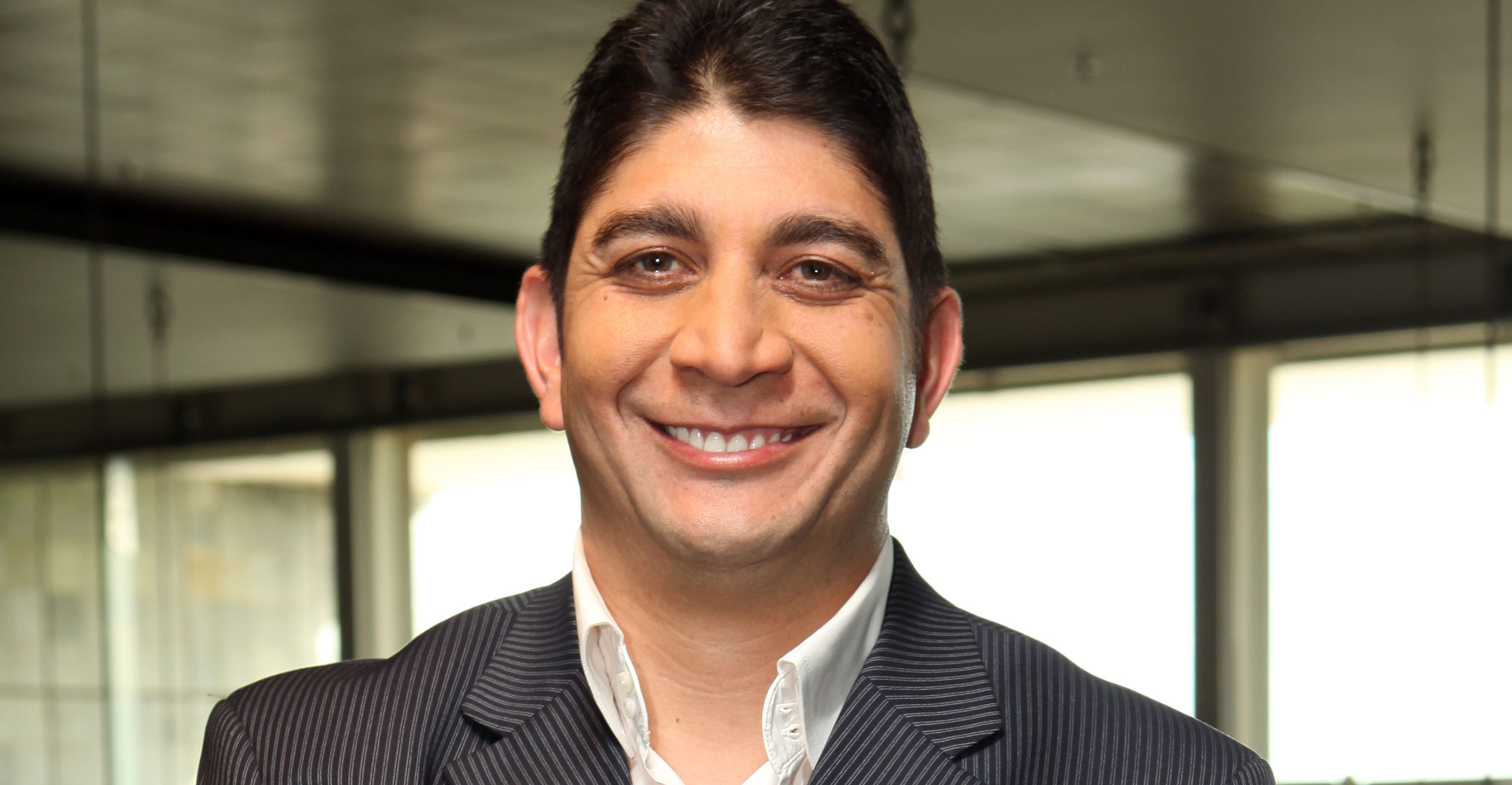
The Electronic Communications Amendment Bill is the telecommunications’ industry’s mining charter, Vodacom CEO Shameel Joosub warned at a government workshop on the bill in Pretoria on Tuesday. He was referring to the charter that has led to investor uncertainty and undermined investment in the mineral resources sector.
“This for us is a crisis,” Joosub told representatives from the department of telecoms & postal services, led by director-general Mabuse Nkuna. “This is our mining charter.”
Not mincing his words, Joosub warned government that the bill is already scaring away investors. “The industry lost close to R80bn last year in market cap … purely because there is a lot of uncertainty,” he said. Investors must have certainty, he added.
He said a proposal in the bill that operators be forced to return their existing spectrum is hugely problematic. “The impact of this is investment will slow down. When telcos invest, they invest for the long term. The minute you start to talk about returning spectrum, it makes the entire network useless.
“We have R100bn invested in our network. If we have to return the spectrum, that’s the same as expropriation, and that would mean the network is dead,” Joosub said. “Clarity in terms of existing spectrum is extremely important for people investing into telcos, but more importantly the investment horizon.”
Joosub said in addition that it is urgent that the mobile operators be granted access to new spectrum. “The industry hasn’t had (new) spectrum in 14 years,” he said. This means operators are having to reallocate spectrum and build additional base stations to increase the density of coverage. Additional spectrum would lessen the need for new sites and drive down the cost to carry network traffic, and hence the price per megabyte paid by consumers, he said.
Woan
On government’s plans to create a private sector-led wholesale open-access network, or Woan, Joosub warned that the amendment bill’s requirement that the new entity must be fully operational before the mobile operators are assigned any additional spectrum is a “big issue” for the industry.
He also said research Vodacom commissioned from Frontier Economics shows that if a “dominant” Woan is created, as proposed in the bill, it will cut South Africa’s GDP by between R22bn and R43bn and have a negative impact on job creation.
The Woan will also be technically difficult to implement and lead to inefficiencies. Technologies such as carrier aggregation, where spectrum is pooled between radio bands, will be impossible to do, Joosub said. Costs will also be higher, and consumers will become reliant on a single network.
However, the Woan does have advantages, he said: it will allow smaller players who don’t have the capital expenditure of Vodacom and MTN to pool resources to build a sustainable network. “The Woan is a good idea, but it has to be an option for the smaller players.”
Joosub also blasted the bill’s plan to force operators to open their networks to rival operators on a cost-based and open-access basis. “That’s like building a house, and then immediately you have to rent out all the rooms at once. Who will want to build a house?”
He said this doesn’t mean Vodacom doesn’t want to share its infrastructure. “The principles of sharing are well entrenched in the Electronic Communications Act. We share all types of facilities today. We all share sites… If there’s a feeling we’re not sharing enough, there are ways to correct that.” — © 2018 NewsCentral Media




